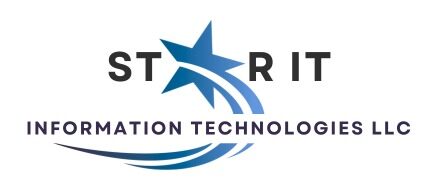The Importance of Data Backup and Disaster Recovery for Business Survival
Data is the core of every modern business. From financial records and customer information to project files and communication logs—everything your business relies on is stored digitally. But what happens when that data is suddenly lost due to hardware failure, a cyberattack, or a natural disaster?
This is where Data Backup and Disaster Recovery (DR) becomes not just important—but absolutely essential. It’s not a question of if an incident will happen, but when—and how prepared you’ll be to recover from it.
What is Data Backup and Disaster Recovery?
Data Backup is the process of creating copies of your important data so it can be restored in the event of loss. Disaster Recovery is a broader strategy that includes backup, but also focuses on restoring entire systems and operations quickly after any catastrophic event.
Together, they form a complete safety net to protect your business against:
-
Accidental deletion
-
Hardware failure
-
Cyberattacks and ransomware
-
Software corruption
-
Natural disasters (flood, fire, etc.)
-
System crashes


Why It’s Crucial for Business Continuity
1. Protects Against Permanent Loss
Once data is gone, it may never come back—especially if you don’t have regular backups in place. Recovery tools can only do so much. Backup solutions ensure you always have a recent copy available.
2. Reduces Downtime
Time is money. With a disaster recovery plan, your team won’t spend hours or days trying to rebuild lost work or reconfigure systems. Everything is restored from a pre-defined backup environment—fast and efficiently.
3. Maintains Customer Trust
When customers trust you with their data, they expect you to protect it. A single data breach or extended outage can lead to reputational damage and lost business. Reliable backup and recovery shows your commitment to responsibility and security.
4. Supports Legal and Compliance Requirements
Many industries are required to maintain records for years. Loss of that data can lead to legal penalties. Backup systems help businesses stay compliant and ready for audits.
5. Enables Remote and Cloud Operations
As businesses move to hybrid and cloud models, having off-site backups becomes essential. Disaster recovery ensures your data is protected even if physical systems are compromised.
A Smart Backup Plan Isn’t Optional—It’s Strategic
Far too often, businesses implement backup only after facing a data loss incident. But a proactive approach can save money, stress, and operational disruption. At STARIT INFORMATION TECHNOLOGIES LLC, our backup and DR solutions are designed with business goals in mind—automated, encrypted, and tested regularly for reliability.
Conclusion
Every business—regardless of size or industry—needs to take data backup and disaster recovery seriously. It’s not just about protecting files. It’s about ensuring your business can survive any unexpected event and bounce back without missing a beat.
With STARIT INFORMATION TECHNOLOGIES LLC, you don’t just back up your data—you protect your future.

